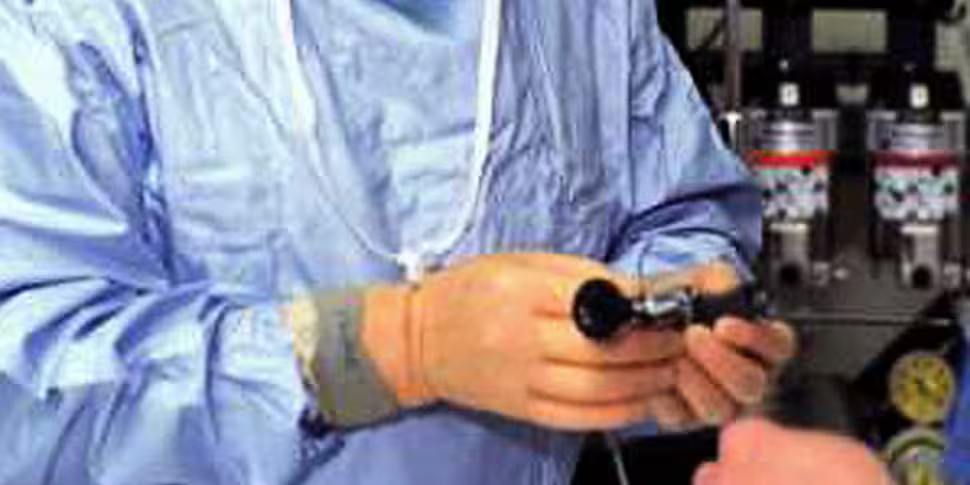A British report has claimed more than 150 hospital patients in the UK are waking up during surgery each year.
It says one in every 19,000 people under general anaesthetic reports being fully conscious, even though they are supposed to be out.
The Royal College of Anaesthetists (RCoA) claims nearly half of those who did wake up suffered long-term psychological effects as a result.
Known as 'accidental awareness during general anaesthesia' (AAGA), it occurs when general anaesthesia is intended - but the patient remains conscious.
The report says this incidence of spontaneous patient reports of awareness is much lower than estimates of awareness when patients are specifically asked about it after anaesthesia, which are as high as 1 in 600.
The findings come from the largest ever study of awareness, the 5th National Audit Project (NAP5), which has been conducted over the last three years by the RCoA and the Association of Anaesthetists of Great Britain and Ireland (AAGBI).
The researchers studied three million general anaesthetics from every public hospital in Ireland and the UK, and studied more than 300 new reports of awareness.
Professor Tim Cook, consultant anaesthetist and co-author of the report, said: "NAP5 has studied outcomes from all anaesthetics in five countries for a full year, making it a uniquely large and broad project."
"It is reassuring that the reports of awareness (1 in 19,000) in NAP5 are a lot rarer than incidences in previous studies. The project dramatically increases our understanding of anaesthetic awareness and highlights the range and complexity of patient experiences."
As well as adding to the understanding of the condition, we have also recommended changes in practice to minimise the incidence of awareness and, when it occurs, to ensure that it is recognised and managed in such a way as to mitigate longer-term effects on patients," he added.
The report includes two main recommendations: the introduction of a simple anaesthesia checklist to be performed at the start of every operation, and the introduction of an awareness support pathway - a structured approach to the management of patients reporting awareness.









